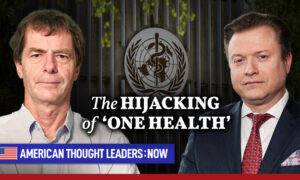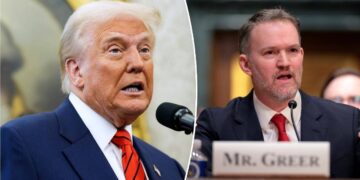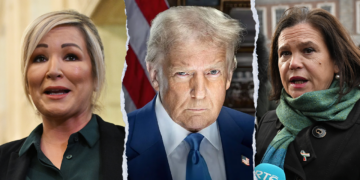
The World Health Organization (WHO) just concluded a new round of negotiations around a new pandemic treaty and amendments to the 2005 International Health Regulations.
What is the significance of these changes? To find out, I sit down with Dr. David Bell, a public health physician and biotech consultant in global health. He is a former medical officer and scientist at the WHO and a senior scholar at the Brownstone Institute.
“It’s very clear that the trajectory is about centralizing power over health emergencies … and they’re already putting in place a very broad surveillance mechanism. They’re talking about two and a half billion dollars a year.”
In addition, “it will broaden the scope to what they call ‘one health,’” an ideology that suggests the welfare of animals and the environment as equally important to human life, Bell says.
“This is suggesting that the important thing is life, not human life … It then moves to seeing humans as almost a poison upon the earth,” Bell says. “So they need to be restricted. And they need to be confined in order to help other parts of the ecosystem.”










































![30 AM ET] Dr. David Bell: The Real Meaning of Recent WHO Negotiations and the ‘One Health’ Ideology [ATL:NOW]](https://trulyrightview.com/2020/wp-content/uploads/2023/06/id5310920-ATL-NOW-1200x675.jpg)





